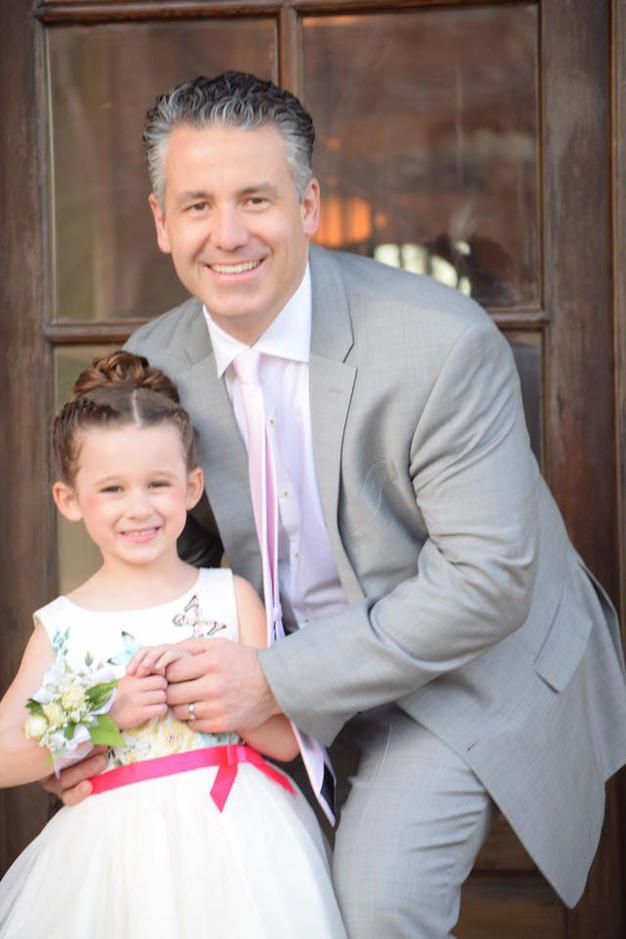
“This research can bring us one step closer to treating cancers based on our children’s specific needs and offer targeted treatment plans instead of a broad net approach.” -Casey Sentell, who lost his daughter Ava to an undifferentiated pleomorphic sarcoma
No matter their age or disease, patients undergo first- and second-line therapy. When these approaches fail, clinically or pre-clinically validated options are often limited or nonexistent. These patients without treatment options deserve something new. We believe the most promising treatments for these patients are well beyond the one drug, one target approaches commonplace among precision medicine or clinical trial approaches. Rather, the answer will be found in combination drug therapies personalized to the patient. We believe personalized approaches represent the future of cancer treatment for high-risk patients. Oncologists treating patients with rare and high-risk diseases agree.
From our research, we believe that life-extending, personalized drug combinations can be developed by integrating experimental, genomics and computational approaches to understand the biological mechanisms underlying tumor cell survival. We have developed an integrated computational approach termed Probabilistic Target Inhibitor Maps (PTIMs), or “Cancer Math”, and we have validated our approach of creating personalized drug combinations in silico, in vitro and in vivo to create these personalized drug combinations. However, to take this computational approach from the lab to the clinic, we need more preclinical evidence.
Our goal with this project is to take the first key step towards building the evidence we need to help children battling sarcoma and their families get personalized drug combinations. The most exciting aspect of this research is that while the initial proving ground of “Cancer Math” is sarcoma, once validated we could use apply “Cancer Math” to treat patients with any cancer type.
Please consider supporting cc-TDI’s efforts to develop promising, personalized treatment options for the 1 in 5 kids who don’t survive cancer.

